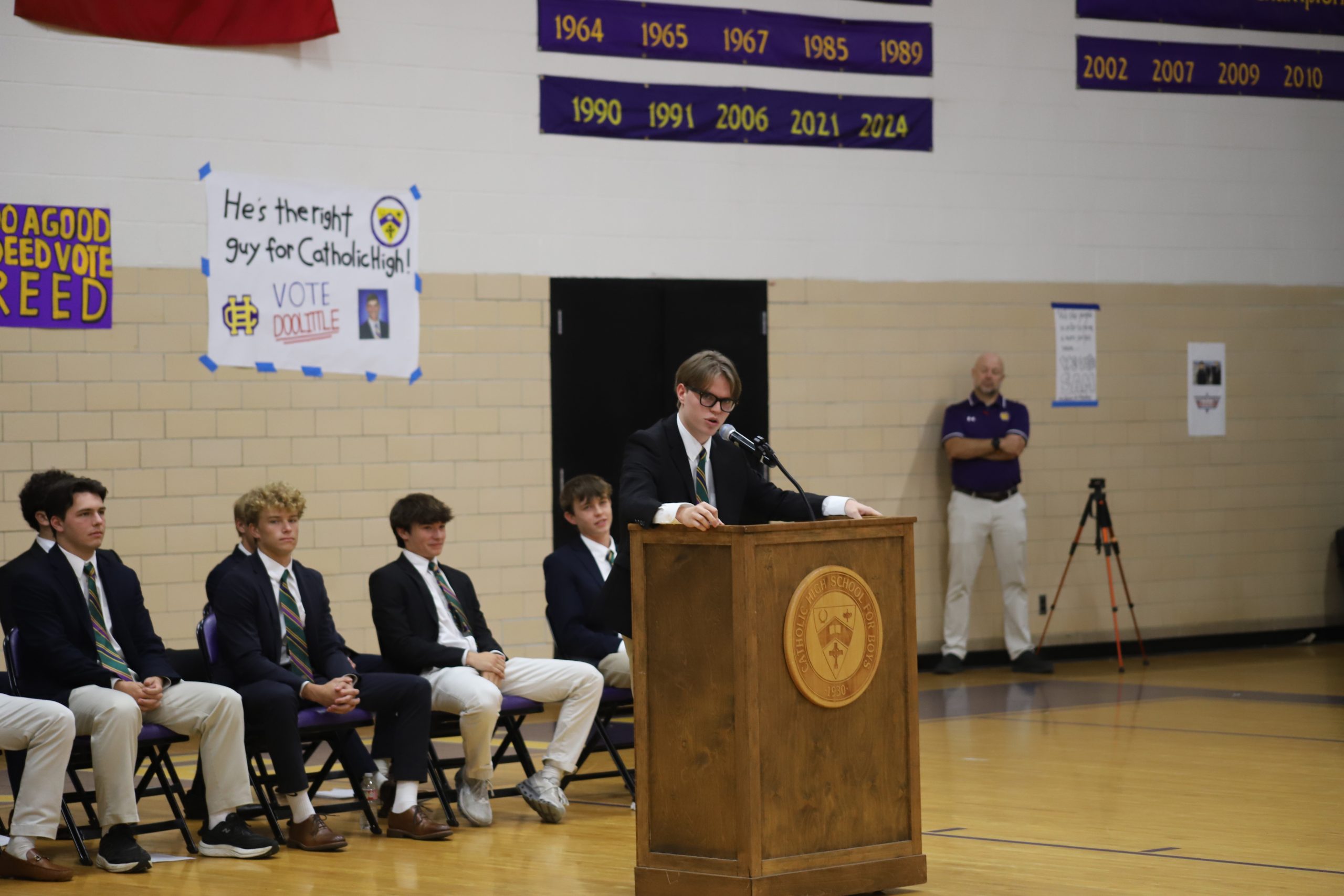College is not the only path to success. Former student Conor Mabry realized this truth after spending three semesters here. He chose to follow his dream of becoming a diesel mechanic and enrolled in Metropolitan Career-Technical center, a vocational high school.
Mabry transferred to Little Rock Central High School where he is in a joint program between Central and the Metropolitan Career-Technical Center (Metro). He spends half of his day at Central and the other half at Metro. Mabry said, “Let’s say you didn’t want to go to college and after high school, you wanted to go straight into a career or more a trade. Metro is a trade training high school, and they have a wide variety of trades to pick like welding, a lot of cosmetology, and so many others like automotive technology and computer technology. I’m studying automotive technology.”
An average day for Mabry is not an average day for most high school students. He attends core classes at Central and then trade classes at Metro, so he has double the work than others. He goes to his first hour and a half class at Central, and after lunch to his second hour and a half class. After the end of his second class, he gets in his two-door Dodge pick-up and drives to Metro. At Metro, he said they sit in the classroom for two or three days during the week and do bookwork and then the academic side of automotive technology. The remaining days the students go into the shop and do more hands-on learning.
Mabry said, “Right now we’re swapping the motor on a 2000 Ford Mustang. We’re taking the Ford motor out of it and putting a 350 GMC motor in it to see what happens.”
The college or no-college option is one that is relevant for every prospective student across the nation. Does one take the long studious route, slug it out in the classroom, and after years of training, then go find a job? Or does one train in high school and immediately go to work and sacrifice a high paycheck? Mr. Steve Straessle said, “There really isn’t one option of the two that’s better than the other. It’s all about fulfilling the potential that someone is born with. If someone wants to go on to college and they are made for the classroom, then that will be the best option for that person. The same thing applies to someone that would much rather do manual labor. We are all built and wired differently.”
The pressure to go to college is something that’s been prevalent a while. It typically comes from a student’s family and friends. Guidance counselor Mr. Fred Baker feels as if it has to do with an in-school environmental factor. He said, “When considering the route to take, whether it’s college or no-college, there is typically this standard from a school that a student attends as to what to do. Take this school for example: about 96 to 98 percent of the students that graduate go on to complete at least two years of college. Part of it is due to this school being considered a college preparatory school and a majority of students are coming here in hopes of an excellent college prepping education. While at other schools like Central or Joe T. Robinson, not to say that the education is worse, but you see a higher percentage of students go into the trade business. And some of that is because those are public schools which typically have a student body of very diverse backgrounds.”
Mr. Baker sees that there is a bit of a standard in wanting to go to college throughout the United States. He said that both a manual labor and a more office-type job are both equally important and can only exist as a balance. He said, “There’s this picture that going to college will get someone all the money in the world and they will be happier. Well, first of all money isn’t the only source of happiness in life, and second, someone can be just as happy when they’re doing what they love and what they are called to do.” Mr. Baker feels that in both careers a person must have the desire to work. It cannot just be forced upon them.
Through Metro, Mabry will have many opportunities after he graduates. Throughout the year Metro will host job fairs and the students can explore different careers that may suit what they are studying. Mabry said, “I’m working to become a diesel mechanic, and I’m going straight to the Caterpillar plant after that. Metro got me set up to where I can shadow some places I’d maybe want to work, and that’s where I felt called. My instructor Mr. E. really helped me out with that. Hopefully I will be able to work there and make some decent money. I can work my way up into management positions if I work hard enough, but I’m always going to have a job no matter what. There is always a need for mechanics.”










